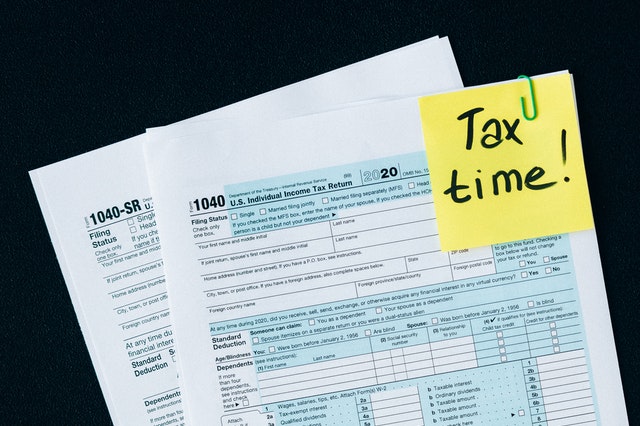Kenya Revenue Authority rolled out the Electronic Tax Invoice as from 1st August 2021 and requires all VAT registered taxpayers to comply by August 2022.
This is meant to curb tax cheating which has become a menace at a time when is KRA under pressure to hit their target.
The required tax register should validate the following before issuance of the tax invoice:
- Tax rate
- Taxable value
- Total tax
- Total gross amount
The information is then validated and transmitted to KRA over the internet on a real time or near real time basis.
A valid Electronic Tax Invoice should include the following:
- Buyer PIN (KRA PIN of the purchaser): Capturing of the buyer’s PIN is optional when generating an invoice. It is the responsibility of the purchaser to give their PIN to the Supplier in order to claim input tax on the VAT paid.
- Control Unit serial number -This is a unique number issued by KRA to identify each tax register.
- Control Unit invoice number – This is a unique number generated by the tax register upon issuance of each tax invoice.
- Quick Response (QR) Code-The code is used to confirm the validity of the tax invoice.
Compliant tax registers will be able to generate credit and debit notes while referencing the original tax invoice.
Taxpayers can adopt any of the 3 electronic tax registers: –
- An integrated tax register – This is an ETR with inbuilt functionality to validate, generate and transmit tax invoices to KRA.
- An independent tax register connected to the invoicing system to validate and transmit tax invoices to KRA. It includes the upgraded Electronic Signature Device (ESD).
- A centralized tax register connected to more than one cashier till (one to many).
Failure to comply with the Regulations is an offence which attract penalties as specified in Section 63 of the VAT Act, 2013, that is, the Taxpayer shall be liable to a fine not exceeding Kshs. 1 million, or to imprisonment for a term not exceeding three years, or both.










